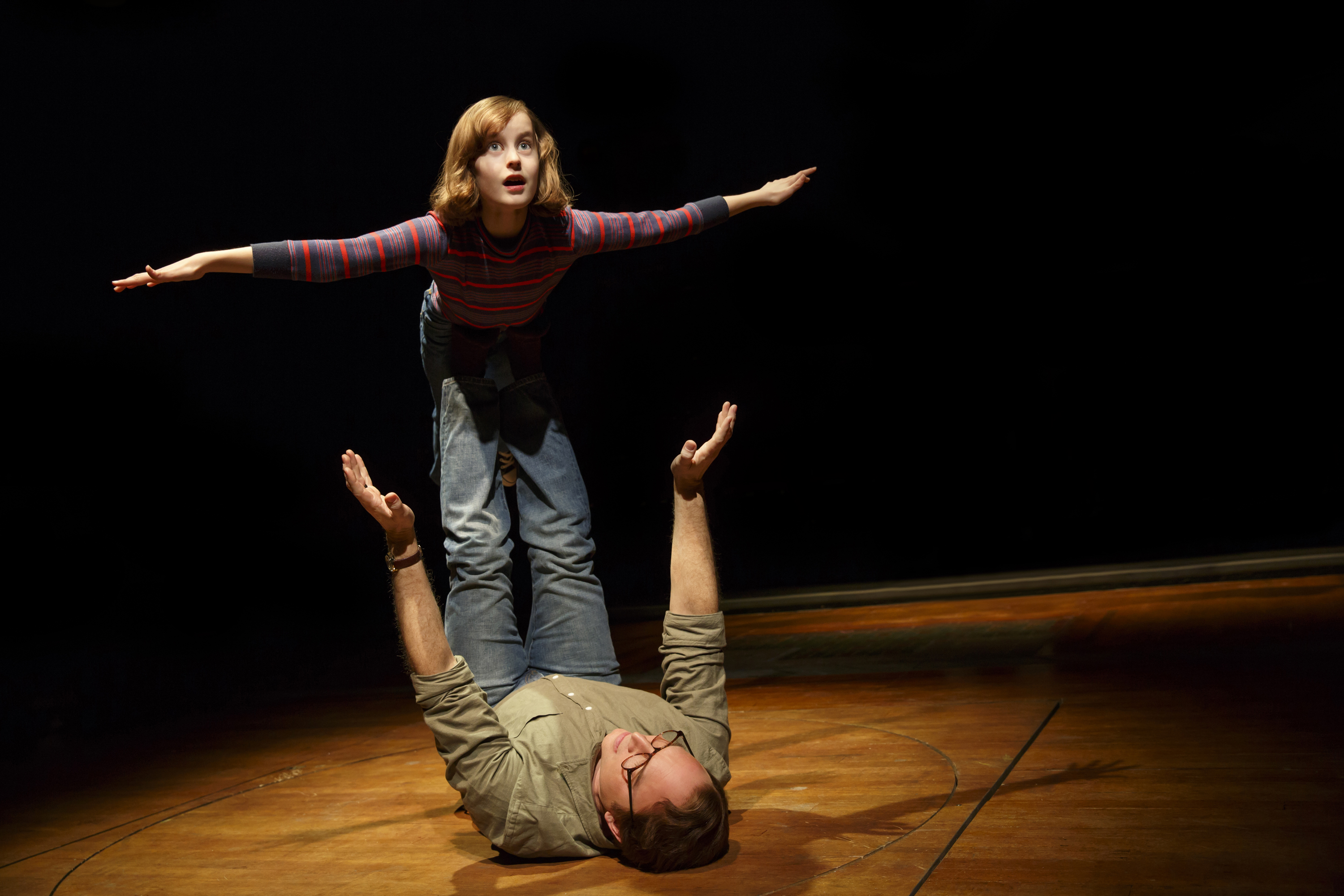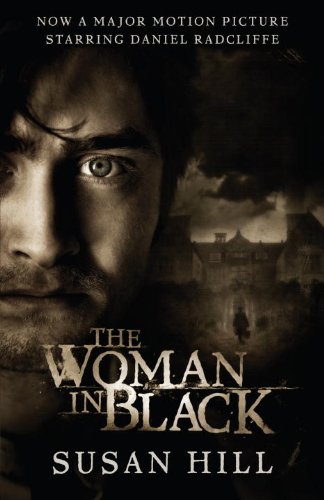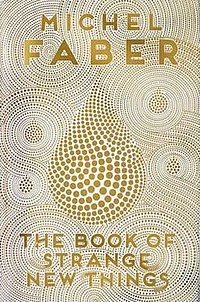This morning’s lecture certainly gave me a lot to think about regarding reading and emotion. I am not a passive reader. When I read, I expect to feel some sort of emotional response, even if this is resentment or critique that the author clearly should’ve got with a different angle. I often find myself talking through a text. Sometimes ohh that is nice phrase / yes I like that / why did they do that? More recently, I have come to write particular phrases down on post-its notes and stick them around my writing space. I don’t necessarily analyse them but keep them in the back of my mind.
Being purposeful to include a variety of forms, I have created a short list below of things that have moved me, at various points in my life.
All of these things began life as texts in one draft or another.
Lazarus Original Cast Recording
This is not the David Bowie version but Lazarus is instead sung by Michael C. Hall of Hedwig, Dexter, and Six Feet Under Fame. This opens with dark and powerful notes that transport me someplace else whenever it appears on my shuffle.
This song reminds me to stay grounded, and focus on what is happening in front of me. I saw the musical at King’s Cross Theatre on a day trip up to London during exam week. It is a very experimental show and whilst my Dad loved it, and I loved the soundtrack I wasn’t sure if I was going to quite get the show. However, when this was played early on, I knew I could settle in and relax for the rest of the show.
Fun Home – Alison Bechdel

Fun Home the Musical was adapted from Alison Bechdel’s graphic novel about a lesbian cartoonist navigating her father’s death and introduction to college.
Last year my best friend, who was graduating, and I decided to spend our term three student loan on a trip to New York to do something a little crazy before she went. We ended up going to the show but didn’t sit together. It was actually performed in the round, and she had been worried that tickets would sell out so wanted to buy them from the hotel. I didn’t want to spend that much money and knew they wouldn’t so I bought them later in the day.
So whilst, I ended up front row, she ended up many seats back quite a bit to the left of me. This is the one on the list that really made me cry, probably more accurate to say sobbing. When we met in the foyer, both of us were crying and every single time we stopped, would mention something else we loved that would set us off again. My playbill is actually tearstained.
The Woman in Black

I studied The Woman in Black in Year 10 for Drama GCSE. I was young, impressionable and had been to the theatre quite often since an even younger age. I had also never been so scared in my entire life. We sat in the stall, deeply immersed in the fog, loud noise, and occasional Woman in Black aisle appearance. I have never heard so many swear words or seen so many people fall out of their seats.
I also came out of it mildly traumatised. I didn’t sleep properly for weeks. And could barely remember the second act from hiding behind my scarf. Yet it still remains to be one of the greatest pieces of theatre I have ever encountered. The film with Daniel Radcliffe was released on DVD, a couple of years ago, and we tried to watch it as a family. Within the first five minutes, I cried and screamed at Mum to turn it off, much to the hysterical laughter of my sister.
I’ve decided The Woman in Black is just one of those films I will never get to see.
The Book of Strange New Things – Michael Faber

I actually read this book accidentally. I had been left in a train station in the Netherlands by a friend of mine for several hours. It was cold but I hadn’t had the chance to just sit and read uninterrupted for a long term so went to the bookshop to choose something. The blurb was the reason I was slightly confused after the first chapter: “Peter Leigh is called on a journey of a lifetime, a highly unusual humanitarian mission into deep space”. I saw space, and understood mission to be a specific task, rather than as a religious missionary. I can’t actually recall reading any science fiction before, so why I even chose this I’m not sure.
Peter is there to bring religion to the aliens. This was a concept I found fascinating and the discussion of linguistics and communications was enough to keep me more than entertained throughout. I do feel dissatisfied at the ending but just because it wasn’t what I wanted to happen, doesn’t mean that it wasn’t a good ending and I think I have come to accept this.
This is a book that I want to re-read knowing that I know the plot. I want to focus on the structure of the novel and the characterisation of Peter. I would recommend it to everyone who is even a little intrigued by the premise.
Homewrecker – Ocean Vuong

If I get the opportunity to talk poetry, I will often head straight to my favourite contemporary American/Vietnamese poet Ocean Vuong, who actually has a real life poetic name.
Homewrecker is taken from his debut collection Night Sky with Exit Wounds and it is beautiful.
You can (and should) read the full text here: https://linebreak.org/poems/home-wrecker/
As a warning, don’t listen to the audio available.It isn’t Ocean speaking and in my opinion, doesn’t do justice to the poem. Ocean naturally has quite a lilting and softly spoken voice that contrasts with his vivid and powerful imagery. His balance of rhythm, metaphor and anaphora create a strong sense of time and place. I particularly enjoy …’your fingers / sweeping through my hair –my hair a wildfire’ and ‘in the museum of the heart / there are two headless people building a burning house’.
Ocean is about the same age as me but already has such a craft of language that I could sit for several hours flicking through his collection and constantly find something new to underline, something else to wish I had written.
Hopefully you will enjoy this list, and the variety of emotions it will bring. I’d love to hear what things have moved you at various points in your lives.
